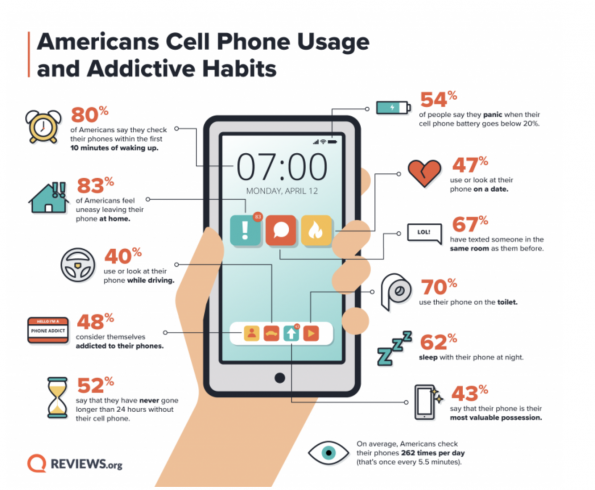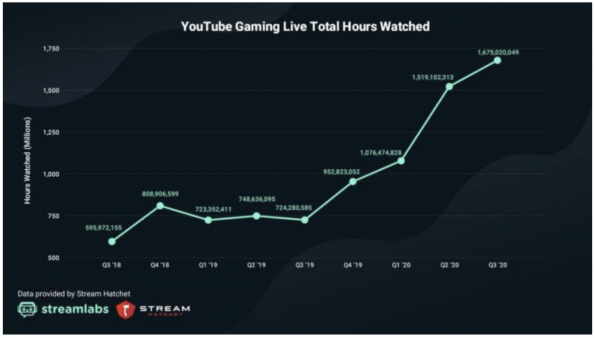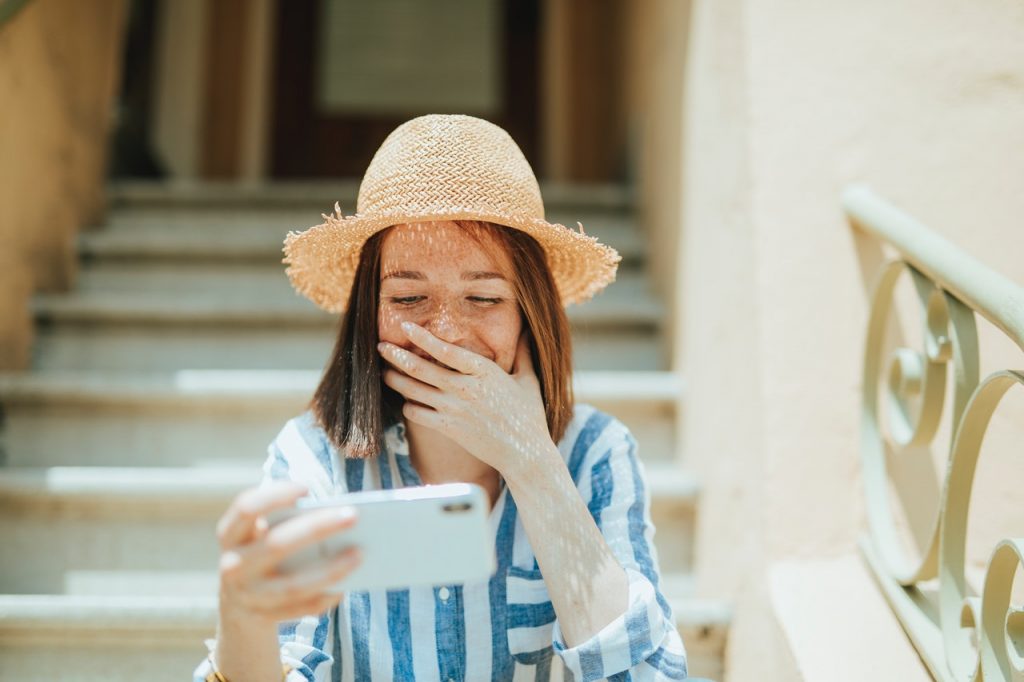Digital Detox: Take Control Of Your Smartphone
It’s so easy to become addicted to our smartphones, but it doesn’t have to be. If you want to break the cycle of addiction, it’s important that you take control over your smartphone habits. As much as we like our phones, too much time spent on it can lead us into a trap where we are checking emails first thing in the morning and scrolling through Facebook at night or before even getting out of bed. It would be difficult to argue that this is anything but unsuccessful living without a proper digital cleanup.

(Image Source: Reviews)
In the past, there were a few apps that could help us control our smartphone use. Nowadays, there are tons of apps to choose from, all claiming to be the number one tool for saving time and dealing with our digital overload. While some of these apps claim to work directly with your browser (or browser extension) to block out websites and surf the web without distraction and/or tracking software.If you want to use one of these apps for digital detox, here are some suggestions for using it for a brief period of time:
Delete your Chrome and Firefox extensions. I know this is what most of the popular apps suggest, but when you’re trying to break a habit, you have to start with something small. The last thing you need to do is delete extensions that can already be done manually.
These include social media and entertainment apps. You’re going to have a hard time resisting temptation if they are sitting right on your front screen at 5 pm every day. It’s especially tough when you’re in a rush and you’re trying not to miss the bus. Delete, or at least hide, your browser tabs from view on your computer(s). This is an easy one, but I know everyone has had it happen where they are trying to finish an assignment/paper/homework and have Chrome up with Netflix or Facebook open in a tab, which leads them down a dangerous path of procrastination. Not to mention all of the YouTube videos which then leads to hours wasted.

(Image Source: GameRiv)
Remove your social media apps from your phone and leave them out of the home screen. You’re going to be tempted when you’re bored and in bed, scrolling through 90% of nothingness on Instagram or Facebook. Do not bring your phone with you into the bathroom, at least not initially. In the beginning, it’s difficult to go 30 minutes without checking your phone for notifications or social media updates. If you do decide to bring your phone into the bathroom stall, try and make sure it is on airplane mode so you are not tempted by notifications during that initial period of time that can be so difficult to push through.
Try keeping a digital journal. Find a way to track how many minutes you spend on your phone each day or week. You can even use an app like Momentum or Timely in order to track when you are spending too much time on your phone. Once you start seeing the numbers increase each week, try and keep track of them as best as possible for your own benefit for accountability purposes.
Once you start seeing the numbers increase each week, try and keep track of them as best as possible for your own benefit for accountability purposes. Try and set a time limit for yourself to be off of your phone. For example, if you plan on going to bed at 11 pm, then put down your phone at least an hour before.
If you’re anything like me, then you could probably use some digital detoxing and digital cleanup. Or maybe you are one of those superhumans who seems to multitask and/or multi-task well. Whatever your case may be, I think it’s important for us all to take a step back every now and then and look at how much time we are spending on our phones or devices each day. We do not want to allow them to take over our lives, but at the same time we want to create a healthy balance in order for us not to become more disconnected from the people in our lives.

